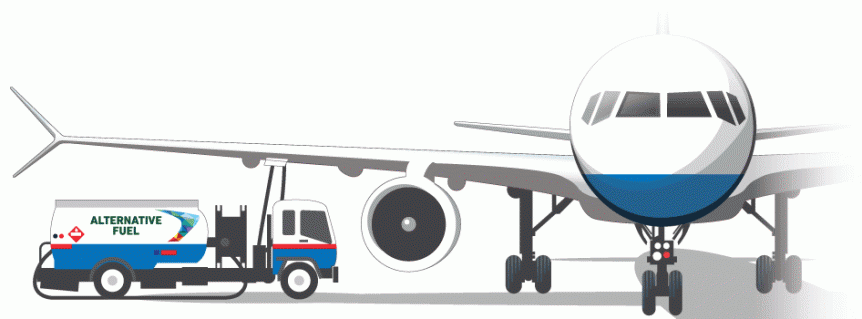Aviation accounts for about two-to-three percent of the total CO2 emitted through burning fossil fuels, according to the Intergovernmental Panel on Climate Change (IPCC). That’s even with military jets flashing their afterburners and trailing un-enhanced high-altitude contrails. Whether these emissions add to global warming or global cooling seems to be still open to debate. Regardless, almost everyone in the industry feels it is worth eliminating the negative aspects of aircraft emissions. Sea-Tac’s Big Plan Seattle-Tacoma International Airport, Alaska Airlines and Boeing are partnering to power all flights from Sea-Tac with “sustainable aviation biofuel.” The trio has crafted a long-term roadmap to devise an infrastructure “in a cost-effective, efficient manner.” There may be benefits to the local economy, as well as to operational costs for airlines. According to Biomass Magazine, “At the Sea-Tac fuel farm Dec. 16, executives for the port, Alaska Airlines, and Boeing signed a memorandum of understanding (MOU) to launch a $250,000 Biofuel Infrastructure Feasibility Study that will assess …
Tag Archive
Below you'll find a list of all posts that have been tagged as “Gevo Inc.”

